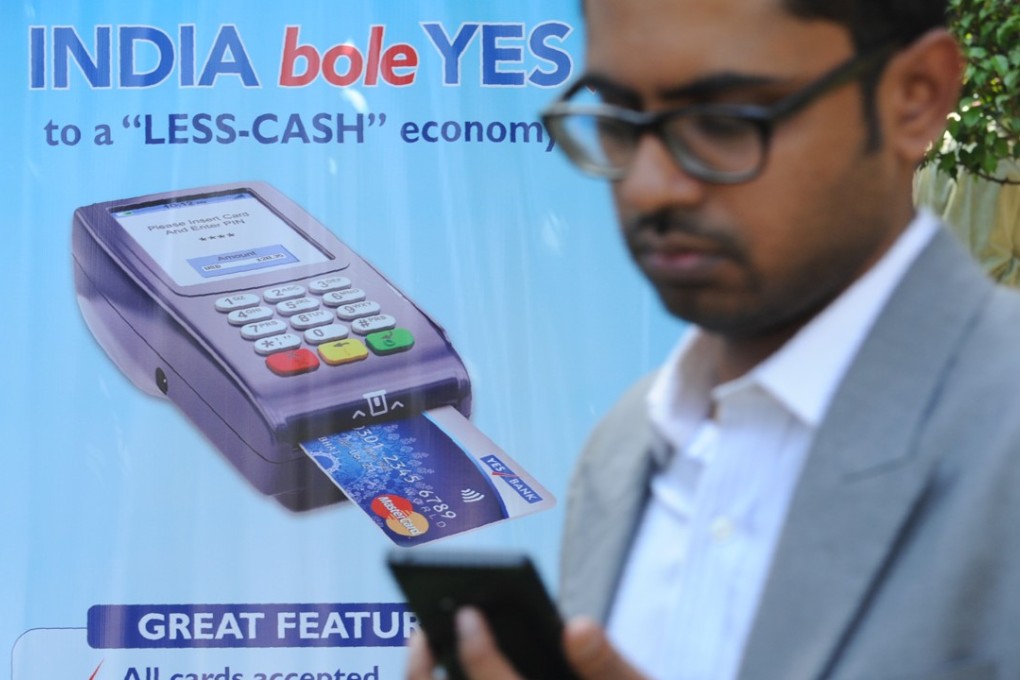India proposes easing local data storage rules for foreign payment firms
Foreign payment companies were caught off guard in April by the Reserve Bank of India’s directive that payments data should be stored only locally

India’s finance ministry has proposed relaxing a directive from the country’s central bank that would compel global payment firms to store customer data only locally, following weeks of intense lobbying by US companies and trade bodies.
Easing the proposal would be a relief for firms including MasterCard, Visa and American Express, which fear India’s data onshoring move could cost them millions of dollars and set a precedent for other major governments to implement similar rules at a time when there is heightened scrutiny of how companies globally handle their customers’ data.
Prime Minster Narendra Modi has been aggressively pushing digital and cashless modes of payment that leave an electronic trail as part of a campaign to crack down on the black economy.
Foreign payment companies were caught off guard in April by the Reserve Bank of India’s (RBI) one-page directive that said all payments data should, within six months, be stored only in the country for “unfettered supervisory access”. India’s finance ministry, in a meeting held in June with RBI officials and executives from payment firms, said that a possible solution could be that companies would be allowed to store data offshore, as long as a copy was kept in India. The companies had opposed the restriction on storing data overseas and had lobbied for its removal.
The ministry has also proposed clarifying the kind of data that needed to be stored and the time given to implement the directive, according to a copy of the minutes of the meeting reviewed by Reuters.